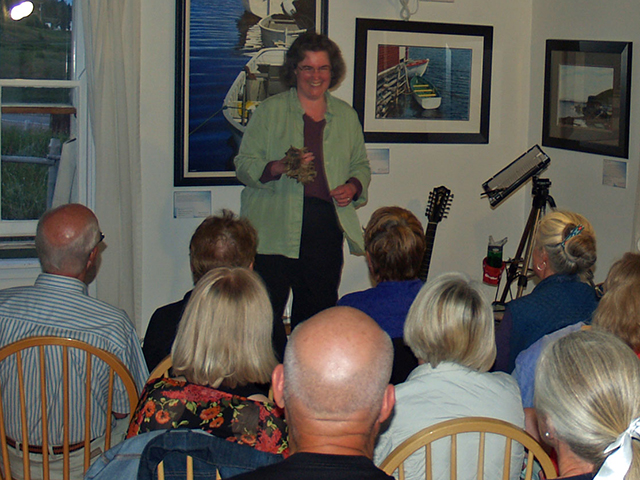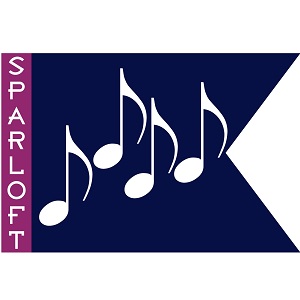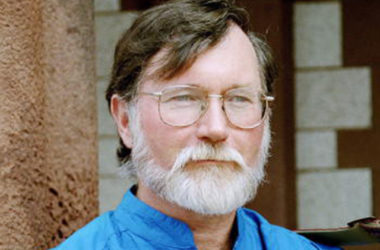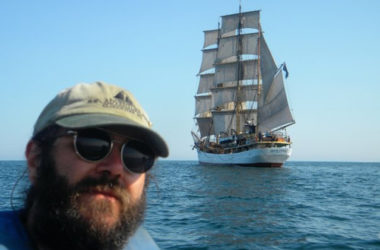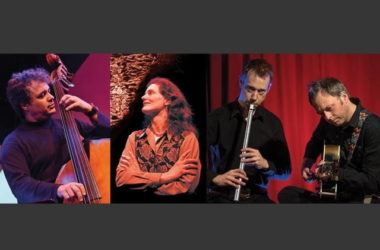Overview
Overview
Alison Lee Freeman is a 21st-century chantey singer with an extraordinary voice easily heard over gale-force winds. She specializes in sea chanteys, American folk songs, and parlor music from the 1800s.
Freeman has performed in the US and Canada at a variety of diverse venues such as museums, festivals, cruise ships, schools, clubs, and assisted living facilities.
Recordings are available for purchase in Bath, Maine at Bath Regional Information Center, and online at CDBaby.com, as well as most digital music services such as Apple iTunes and Spotify.
Alison Lee Freeman is a performer, presenter, and voice teacher best known as a solo performer who specializes in sea chanteys, music hall songs, and parlor music from the 1800s. She also has extensive experience singing in a cappella harmony singing groups and is a songwriter.
Freeman has presented workshops for entities such as Maine Music Educators Association, The Folksong Society of Greater Boston, Passim School of Music, ACE, SMMC, CareerCenter, and MIT. Topics have included: “Vocal Fitness Workshop”, “Be Brief! Be Memorable! Presenting yourself in Print & in Person”, “Introduction to Sea Chanteys”, and “Diversity at Sea in the Great Age of Sail”.
As a voice teacher Freeman teaches her students about the physiology of the voice because singing is an athletic endeavor. Singers need to understand how hearing, breathing, and movement affect their instrument. She also believes it is important to understand the difference between technique and style. Different genres of music require different styles of singing, but the underlying technique is the same.
Freeman says, “The voice is a unique instrument in that most of the apparatus cannot be directly observed. Voice teachers must rely on imagery and metaphor to communicate with their students. Imagery that works for one student may not work for another. Articulation of a concept does not mean it has been understood. It is the teacher’s job to find the best way to communicate with each student and to recognize there is no right way to sing, but there is a best way for each individual to sing.”
Freeman is no longer able to perform due to asthma triggered by fragrance in laundry detergent, personal care products, and cleaning supplies.
No
Contact Information
Alison Lee
Freeman
Georgetown
ME
USA

